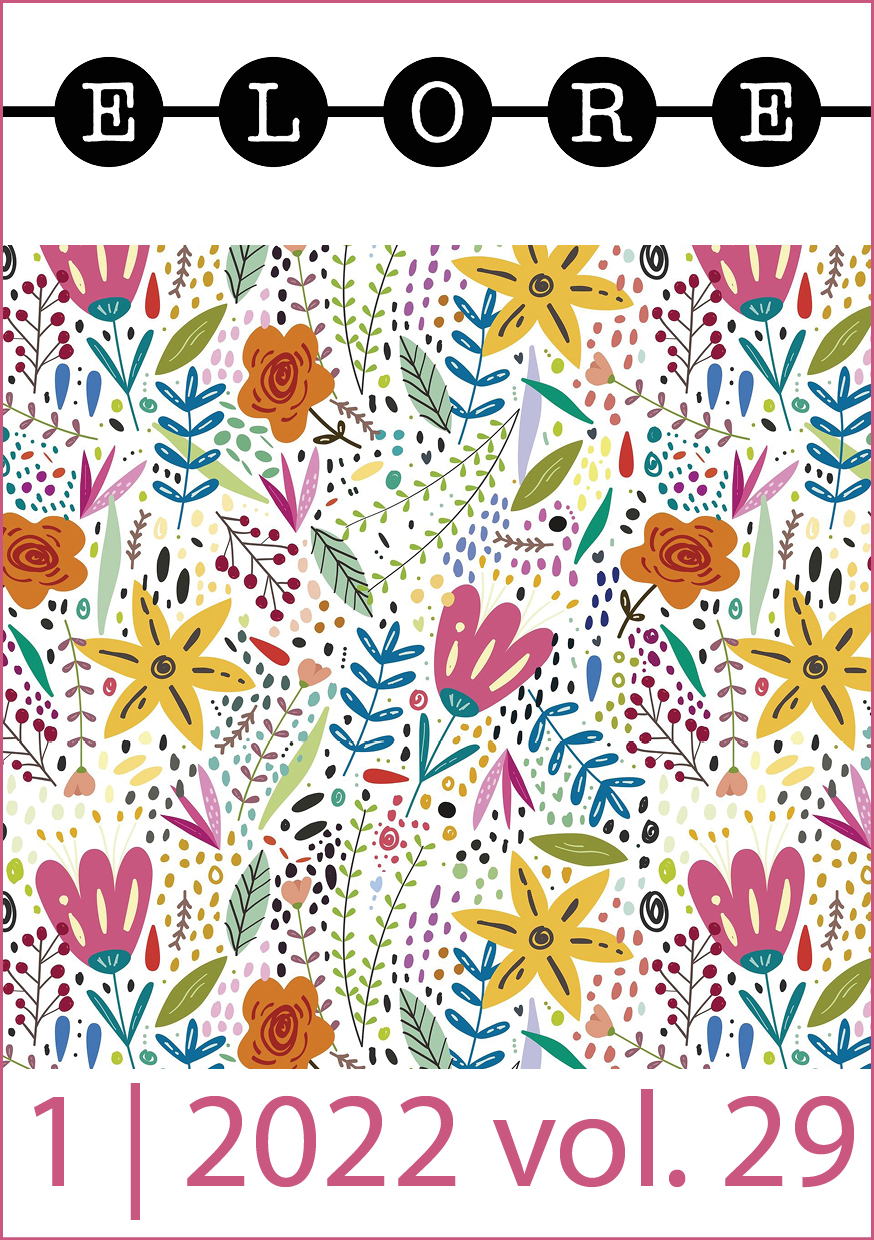The material scarcity in asylum seekers' everyday life and the familiarity and safety created by a mobile phone in the liminal space
DOI:
https://doi.org/10.30666/elore.109260Abstract
The everyday lives of asylum seekers in Finland and the rural areas of North Karelia are associated with the condition of ‘liminality’ in many ways. The experience of liminality is, for example, reflected in their relationship to materiality and everyday objects, these being defined by material simplicity and the scarcity of objects. The article examines the most concrete and important cross-border object of everyday life of asylum seekers - the mobile phone. The mobile phone is an everyday tool, which connects asylum seekers both to Finnish society and to their former homeland, and/or to family members living elsewhere in the world. Due to the migratory travel of asylum seekers being unanticipated, lengthy and filled with danger and struggles, it is understandable that they rarely bring with them objects that are memories of their former homeland. Instead, their memories are often stored on mobile phones.In our article, we explore the meanings given to a mobile phone in a situation where asylum seekers are settling in Finland, while keeping in touch with relatives and friends around the world. The article is based on ethnographic observation and interview material at two reception centres in North Karelia. Our approach is ethnographic and the analysis of the material draws on interpretive phenomenological analysis, which builds on the interpretations and understanding of participants as well as on the researchers' perceptions of how asylum seekers experience their material and cultural world. Asylum seekers’ relationship to materiality is conditioned by living in a reception centre, where familiarity and homeness are difficult, if not impossible, to construct.

Downloads
Published
How to Cite
Issue
Section
License
The journal follows Diamond Open Access publishing model: the journal does not charge authors and published texts are immediately available on the Journal.fi service for scientific journals. By submitting an article for publication on Elore, the author agrees, as of September 2024, that the work will be published under a CC BY 4.0 licence. Under the licence, others may copy, transmit, distribute and display the copyrighted work and any modified versions of the work based on it only if they attribute the licence, the original publication (link or reference) and the author as the original author. Any modifications made must be acknowledged.
Copyright of the texts remains with the authors, and self-archiving (Green OA) of the published version is allowed. This also applies to texts published before September 2024. The Green OA publication must include Elore's publication details.
The metadata for published articles is licensed under Creative Commons CC0 1.0 Universal.





